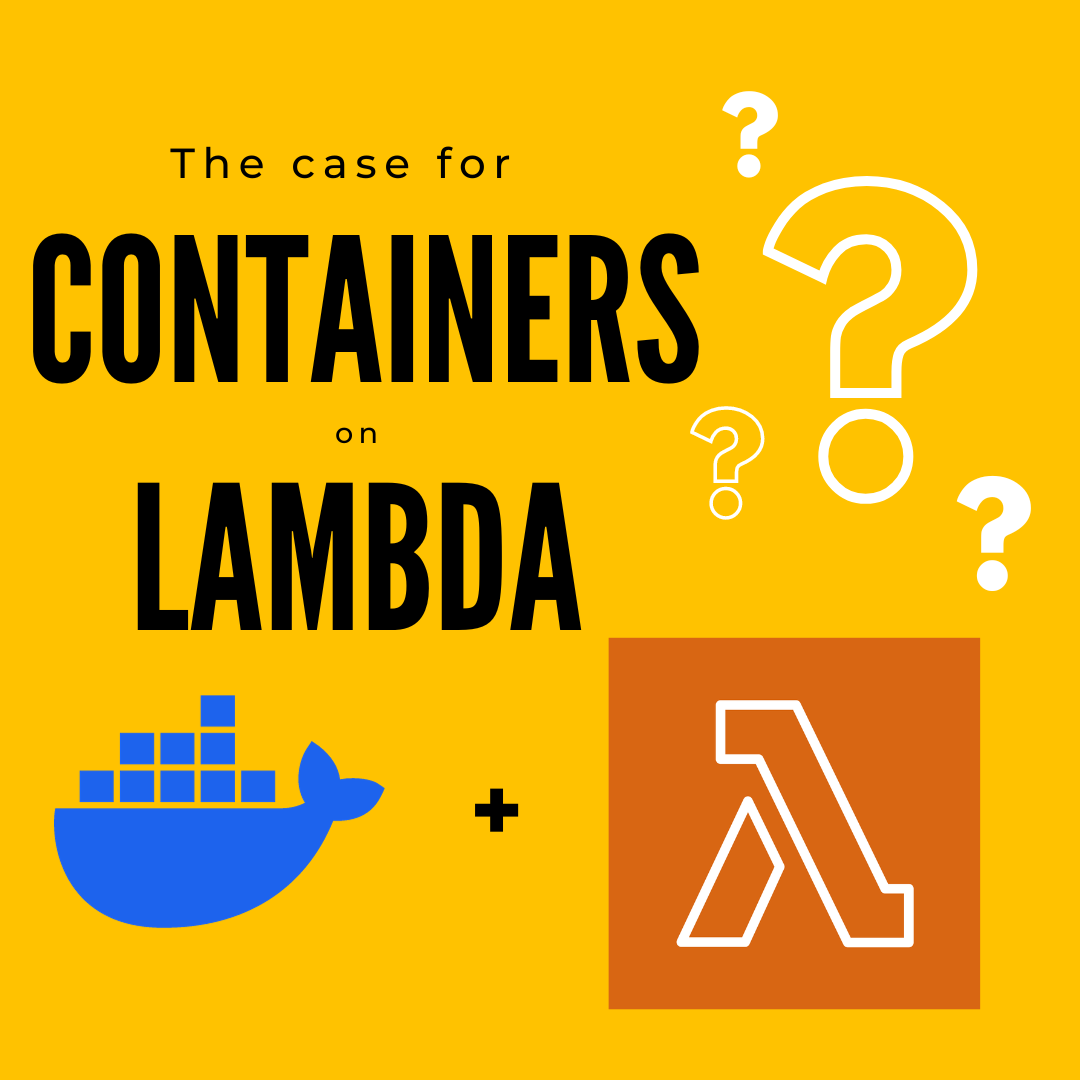- Let's make Cloud ☁️
- Posts
- Let's make Cloud #54: The case for Containers on Lambda, When to use Cassandra and when not to, Five Apache projects you probably didn't know about
Let's make Cloud #54: The case for Containers on Lambda, When to use Cassandra and when not to, Five Apache projects you probably didn't know about
The case for Containers on Lambda, When to use Cassandra and when not to, Five Apache projects you probably didn't know about
Hello CloudMakers!
Happy New Year! I'm back, with a fresh look for 2024 that I hope you’ like. This year, I'm excited to share more of my favorite reads: whether you're deep into these topics or just dipping your toes in, I hope to have something useful for everyone!
Today we shall see:
The case for Containers on Lambda
When to use Cassandra and when not to
Five Apache projects you probably didn't know about
BONUS: 100 Days of Code!
Enjoy!
The case for Containers on Lambda (with benchmarks)
This article talks about how AWS Lambda added support for container-based functions and the mixed reactions it initially received. Lambda was mainly for running small bits of code, and containers, known for their slow start-up times, didn't seem like a good fit.
However, things changed. The AWS Lambda team worked hard and managed to reduce the start-up times for containers by 15 times. So the author tested this out by comparing container-based functions with traditional zip-based ones across various sizes. The findings were pretty interesting.
The pros of using containers in Lambda are that containers are widely used in development, they support larger functions, and are updated frequently. The cons include the need for regular updates and slower deployment speeds. But, despite these drawbacks, the article suggests that containers are becoming a good option for Lambda.
System Design Solutions: When to use Cassandra and when not to
This article introduces Cassandra, a popular database system known for handling large amounts of data in distributed systems. What sets Cassandra apart is its masterless architecture, making it easier to manage and scale compared to traditional databases with master-slave setups.
Cassandra is great for scenarios where high write performance and scalability are crucial, but it compromises on ACID compliance. This means it might not be suitable for applications requiring strong transactional integrity. Despite this, Cassandra offers adjustable consistency levels and excels in write performance, scaling linearly with added nodes.
While it's not the best fit for every application, especially those needing complex relational features or strict ACID compliance, Cassandra is ideal for large-scale, high-performance needs.
Five Apache projects you probably didn't know about
The post aims to introduce some lesser-known Apache projects, aside from well-known ones like HTTPD or Kafka:
Apache APISIX: API Gateway using nginx and OpenResty with a plugin-based system.
Apache ShardingSphere: Transforms databases into distributed systems with JDBC and proxy support.
Apache SeaTunnel: Data integration platform with multiple engines and extensive connectors.
Apache SkyWalking: APM for microservices and cloud-native apps, supporting telemetry data.
Apache Doris: MySQL-compatible real-time data warehouse for various analytical scenarios.
100 Days of Code: the complete Python Pro Bootcamp
If you're searching for a rewarding way to start the new year, why not challenge yourself with learning Python? "100 Days of Code" is a thoughtfully crafted online course designed for anyone interested in diving into the world of coding. It's a straightforward, step-by-step journey that introduces you to Python programming through engaging, real-world projects.
This course is ideal for those who enjoy hands-on learning and are curious about the practical applications of coding. It's a great way to step into the new year with a new skill, offering a sense of accomplishment as you progress each day. Whether you're new to programming or looking to refresh your skills, "100 Days of Code" could be the perfect challenge for you this year.
Thank you for reading my newsletter!
If you liked it, please invite your friends to subscribe!
If you were forwarded this newsletter and liked it, you can subscribe for free here:
Have you read an article you liked and want to share it? Send it to me and you might see it published in this newsletter!
Interested in old issues? You can find them here!


